India and Israel-The Immortal Friendship
Tue, 30 Nov 2021 | Reading Time: 4 minutes
Relations between Israel and India have not always been as friendly as they are today. In 1938, Mahatma Gandhi had famously said, “Palestine belongs to the Arabs in the same sense that England belongs to the English or France to the French.”
Jawaharlal Nehru – who eventually became the first prime minister of independent India – expressed his sympathies for the Jewish population facing persecution in Europe. However, Nehru also insisted that “fundamentally the problem of Palestine is a nationalist one. The Arabs are struggling against imperialist control and domination. It is a pity, therefore, that the Jews of Palestine instead of aligning themselves with this struggle have thought it fit to take the side of British imperialism and to seek its protection against the inhabitants of the country.”
India remained invested in the idea of Arab freedom in Palestine in the lead up to its independence in August 1947 and thereafter. It was an elected member of the UN Special Committee on Palestine (UNSCOP). And, in September 1947, it was one of only 13 countries that voted against the United Nations’ Partition Plan for Palestine.
In a statement against the partition plan, the Indian representative and member of UNSCOP, Sir Abdul Rahman, said, “The people of Palestine have now admittedly reached a stage of development where their recognition as an independent nation can no longer be delayed. They are in no way less advanced than the people of the other free and independent Asiatic countries.” Rahman added that the failure to grant independence to Palestinians would lead to continued violence in the region.
As Israel secured UN membership, signed armistice agreements with its neighbours and was recognized as a sovereign state by the leading powers, India also eventually felt compelled to recognize Israel in 1950. However, India’s leanings towards the Soviet Union during the Cold War and status as a key architect of the Non-Alignment Movement meant that its allegiance was with its Arab allies and it had very limited, if any, diplomatic relations with the Western bloc-allied Israel at the time.
In 1956, during the Suez Crisis, India extended its support to Egypt and Gamal Abdel Nasser. In 1974, it became the first non-Arab country to recognise the Palestinian Liberation Organization (PLO) as the sole, legitimate representative of the Palestinian people. In 1975, the government of India also allowed the PLO to open an office in New Delhi as confirmation of its continued support to the Palestinian “struggle for the restoration of their inalienable rights in their homeland”. India recognized the State of Palestine in 1988 and it opened the doors of its first representative office in Palestine in 1996.
However, with the fall of the Soviet Union, India engaged in a process of economic liberalisation and, with it, began to reposition itself in world politics. This included its relationship with Israel. In 1992, under the leadership of Prime Minister PV Narasimha Rao, India established formal diplomatic ties with Israel, but remained committed to the Palestinian cause and its economically crucial ties with other countries in the Middle East.
Today, bilateral relations between India and Israel is a multifaceted affair. Between April 2020 and February 2021, bilateral merchandise trade (excluding defence) stood at $4.14bn. Indian software companies have a growing presence in Israel. Both countries signed a comprehensive cooperation agreement for the agriculture sector in 2006. The fifth phase of this agreement is currently being implemented. India and Israel also signed a Science and Technology Cooperation Agreement in 1993. And, in 2017, a $40m India-Israel Industrial R&D and Innovation Fund (i4F) was established. Eleven ongoing projects have been funded under i4F. In December 2020, the two countries signed an agreement to increase cooperation in the fields of healthcare and medicine. At the height of the ongoing COVID-19 pandemic, Indian and Israeli authorities have also worked together to develop a rapid COVID-19 testing kit. In March 2021, it was announced that India’s Premas Biotech and Israel’s Oramed had jointly developed a COVID-19 oral vaccine. In recent years, there has also been an uptick in cultural exchange, tourism and people-to-people contact.
During his visit to India in 2018, the then Israeli Prime Minister Benjamin Netanyahu hosted an event titled “Shalom Bollywood” in Mumbai that was attended by some of the most prominent figures in the Hindi film industry. A year later, Netflix released Drive, the first Bollywood movie filmed in Israel. Security and defence cooperation, however, has always been and still is the cornerstone of bilateral relations.
Three decades before the establishment of formal diplomatic ties, Israel had supplied weapons to India during the Sino-Indian War of 1962. India also used Israeli weapons in the Indo-Pakistan Wars of 1965 and 1971. And, when India’s foreign intelligence agency, the Research and Analysis Wing (RAW), was established in 1968, its first spy chief RN Kao was tasked by Prime Minister Indira Gandhi to establish ties with Israel’s Mossad. Israel has also emerged as India’s most reliable weapons supplier that is willing to maintain supply channels without any political preconditions. This was evident during the Kargil War of 1999. At the time, India was still facing economic sanctions and an export ban on weapons and military technology imposed by the Clinton administration as retribution for its Pokhran-II nuclear tests in 1998. Yet, Israel refrained from criticizing India’s nuclear programmes’ and supplied weapons and surveillance systems and upgraded existing military hardware during the war.
As a result, today India is the largest buyer of Israeli weapons. Israel is India’s second-largest weapons supplier. Imports increased by 175 percent between 2015 and 2019 and current annual sales amount to more than $1bn. India’s Defence Research and Development Organization (DRDO) and Israeli Aerospace Industries (IAI) are currently collaborating on developing surface-to-air missile systems for the Indian armed forces.
************
Disclaimer
The opinions expressed in this article are the author’s own and do not reflect the views of Chanakya Forum. All information provided in this article including timeliness, completeness, accuracy, suitability or validity of information referenced therein, is the sole responsibility of the author. www.chanakyaforum.com does not assume any responsibility for the same.
Chanakya Forum is now on . Click here to join our channel (@ChanakyaForum) and stay updated with the latest headlines and articles.
Important
We work round the clock to bring you the finest articles and updates from around the world. There is a team that works tirelessly to ensure that you have a seamless reading experience. But all this costs money. Please support us so that we keep doing what we do best. Happy Reading
Support Us




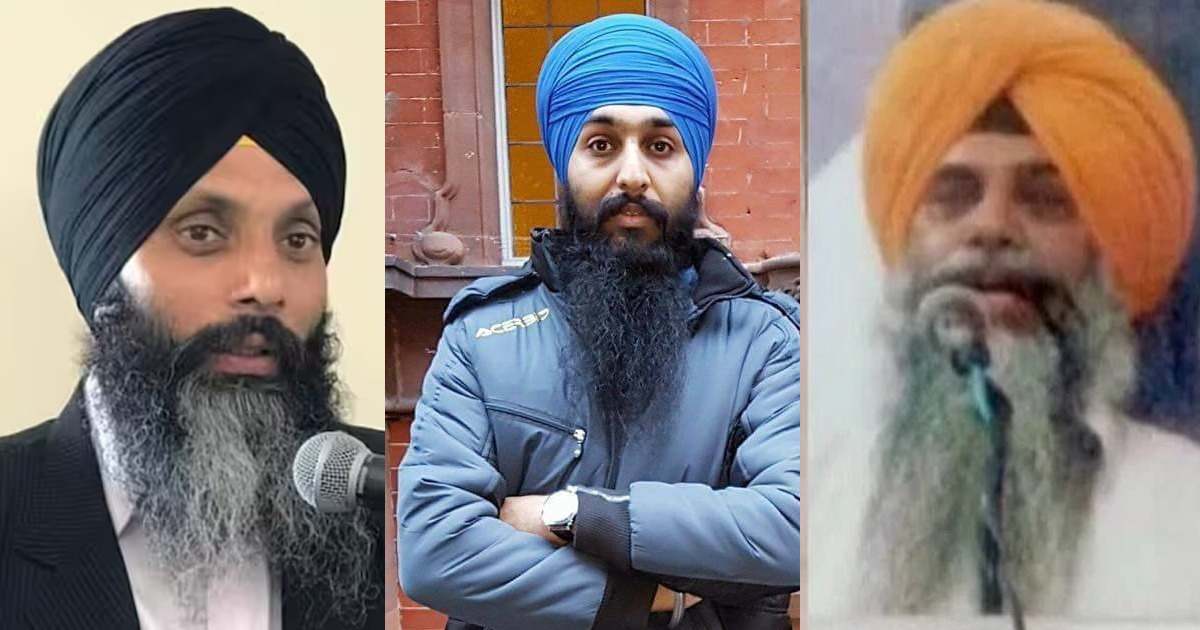
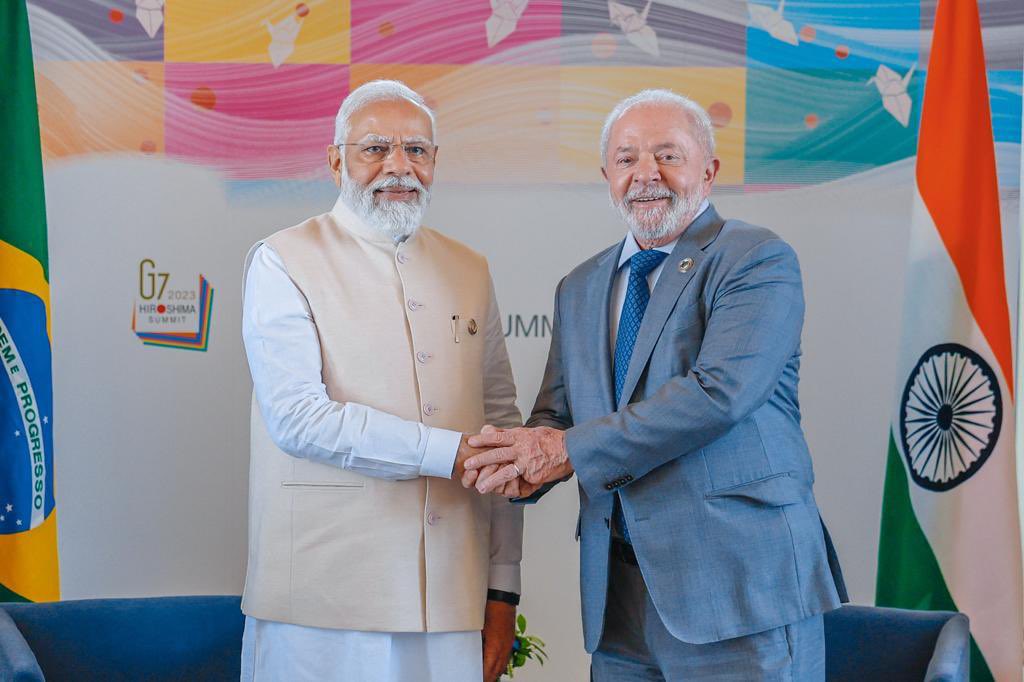

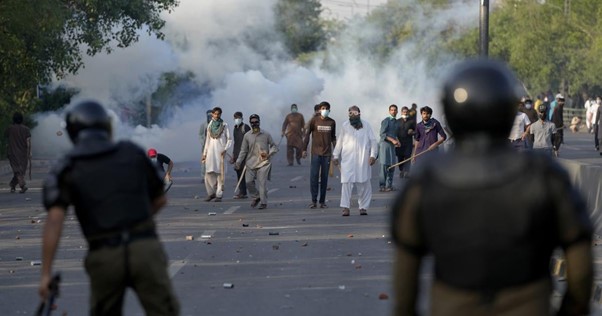

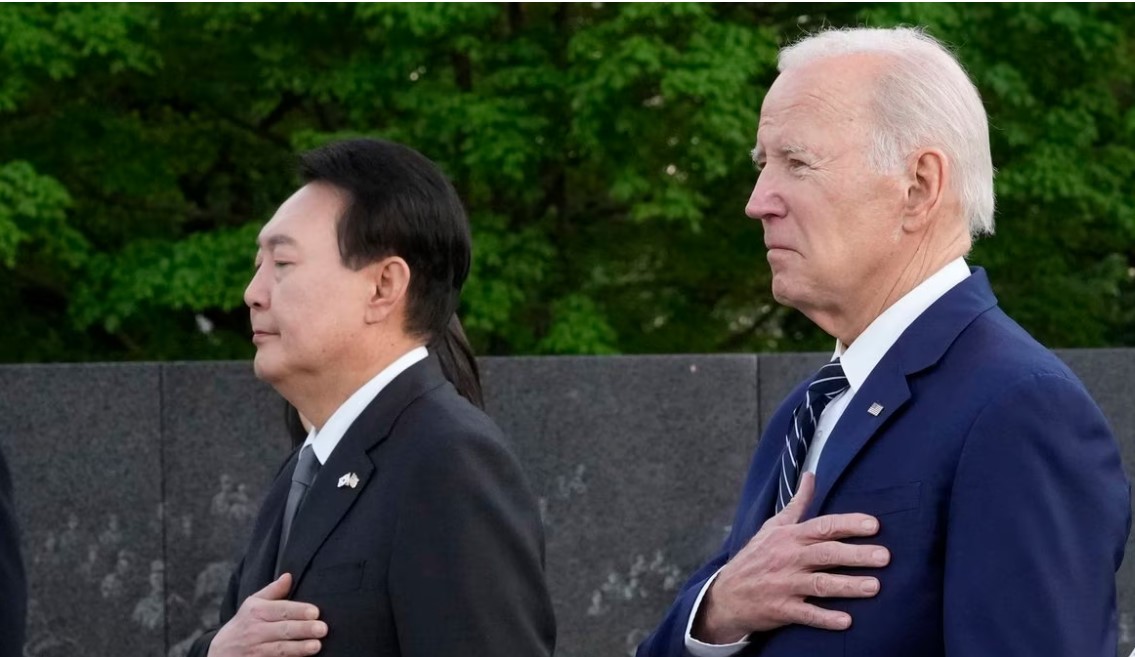

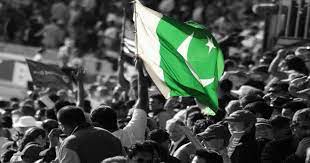
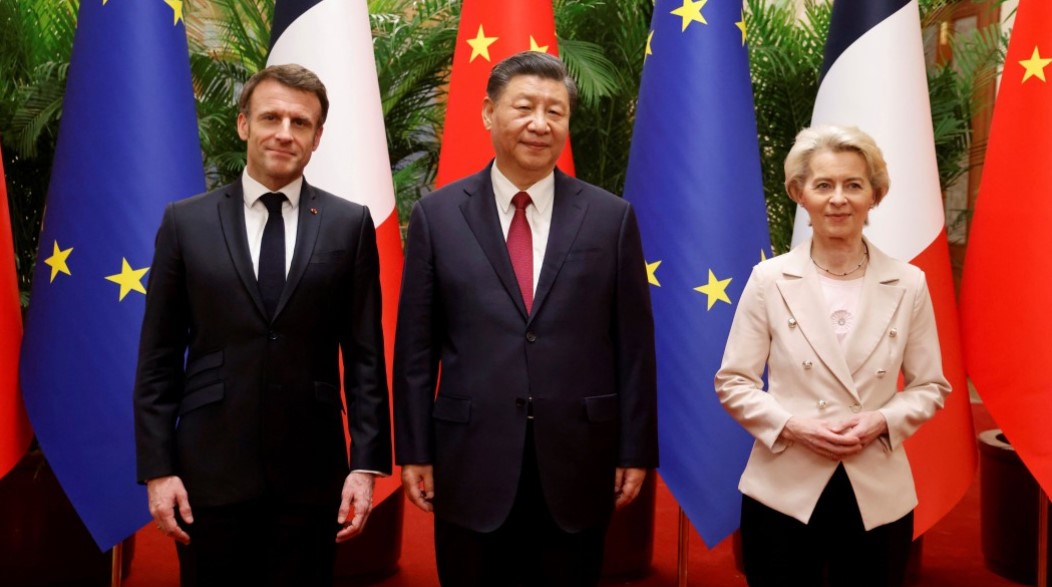







POST COMMENTS (1)
Abhay Singh